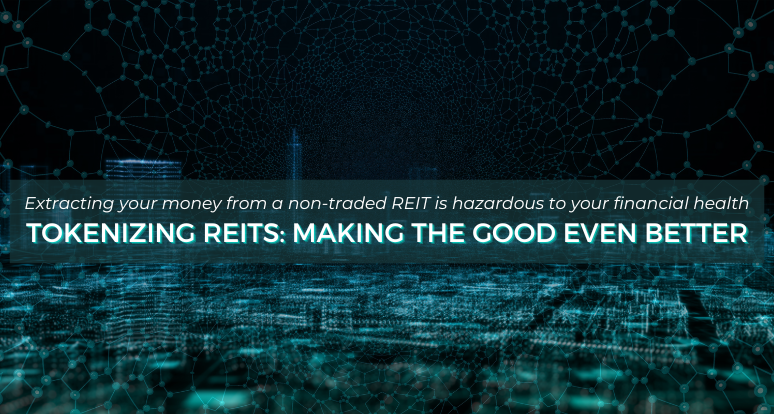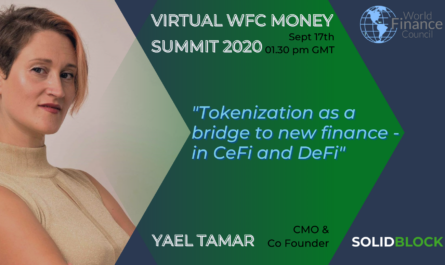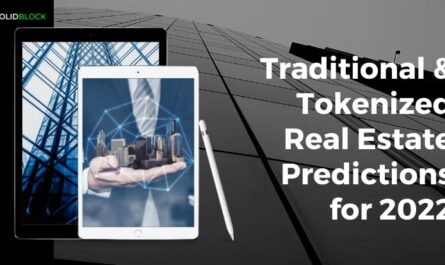Extracting your money from a non-traded REIT is hazardous to your financial health

Real estate has long been touted as one of the most stable investments you can make. It offers cash flow for rentals, tax breaks, equity building, and a hedge against inflation.
Among the more attractive options for investing in commercial real estate, including office and apartment buildings, warehouses, hospitals, hotels or even shopping centers, is the REIT, a real estate investment trust.
REITs in Review
A REIT is a company that owns, operates, or finances income-generating real estate. Modeled after mutual funds, REITs pool the capital of numerous investors. This makes it possible for individual investors to earn dividends from real estate investments—without having to buy, manage, or finance any properties themselves.
The REIT market represents more than $2 trillion worth of properties in the US alone. Each REIT is unique in its structure, investment strategy, targeted properties, management quality, and balance sheet safety, and an investor is advised to complete due diligence before investing in any specific REIT. There are many types of REITs, depending on the real estate they own or finance, and on the skills of the managers who run the company.
“The quality of REIT management teams can be very volatile with large discrepancies in skills, motivation and interest alignment,” explains Jussi Askola, investor and journalist. “Nine times out of ten, the REIT that has a well-aligned and experienced management team will outperform the other REITs with more questionable management. It turns out that this may have been the costliest assumption of my early REIT investing career.”
Another distinction between REITs is whether they are private or public. All public REITs must register with the US Securities and Exchange Commission (SEC). These REITs file regular reports. Private ones, on the other hand, don’t have to register and, therefore, aren’t regulated by the SEC.
Publicly-traded REITs can be bought and sold freely on stock market exchanges like NASDAQ and the New York Stock Exchange. Non-traded REITs, both public and private, are not as visible or easily accessible. That’s especially true with private REITs, which are only open to accredited investors, a designation reserved for those who meet certain income or net worth thresholds.
For individuals, an accredited investor must meet one of the most common requirements as mapped in Reg D Rule 501 of the SEC. These are as the follows:
- An individual net worth (or joint net worth with a spouse) exceeding $1 million, not including the net equity in your primary residence as part of the $1 million.
- An individual income of more than $200,000 in each of the two most recent years, or a joint income with a spouse exceeding $300,000 in those years, with the expectation of reaching the same income level in the current year.
Once you invest in a REIT and receive shares in the company, your money may be locked up for a pre-arranged time period. Unlike publicly traded REITs, non-traded REITs are often illiquid, and can remain illiquid for up to eight years or more after the initial purchase date. Additionally, the board of directors of the REIT can stop distribution payments during this time, significantly harming investors in the process.
According to Gibbs Law Group, LLP, getting your money out of a non-traded REIT can often be difficult and expensive and may involve legal means of recovering your losses. Once a REIT is closed to new investors, if the board of directors suspends the redemption policy, you have limited options available for selling your non-traded REIT shares. This can be extremely problematic if the value of the REIT begins to decline, and can cause investors to sell their shares on the secondary market at a discount, losing a substantial amount of their investment in the process.
What if there was a way to invest in high-end commercial real estate projects that provided the antidote to the restrictions of investing in a REIT?
Let’s talk about tokenization.
What is Tokenization?
Tokenized real estate, or digital asset securities, are a game-changer in the staid, traditional real estate sector. Real Estate is more than a $300 Trillion dollar industry worldwide. Of that total, only about $10 Trillion dollars is genuinely available for investment. Most of the remaining $290 Trillion is held privately or via public securities, tied up in loans and deals, sometimes for up to ten years, leaving individuals unable to trade or liquidate their investment.
Using blockchain technology and smart contracts creates a new measure of liquidity and provides investors with the ability to not only trade without restrictions but enables them to diversify their investment portfolios by making their money available to reinvest.
Tokenization is the process of substituting a sensitive data element with a non-sensitive equivalent—or token—that has no extrinsic or exploitable meaning or value. The token is a reference that maps back to the sensitive data through a tokenization system using blockchain technology.
As Coinbase describes it, “token” is just another word for “cryptocurrency” or “crypto asset.” But increasingly it has taken on more specific meanings depending on context. The first is to describe all cryptocurrencies besides Bitcoin and Ethereum. These coins are “native” to their blockchain. Bitcoin, for instance, operates on its own blockchain and Ether operates on its Ethereum blockchain.
The second definition of a token is to describe certain digital assets, for example, tokenized real estate, that are programmable, meaning they reflect a set of rules, and each token is associated with a blockchain address. Tokens have a range of potential functions, from helping make decentralized exchanges possible to selling rare items as NFTs (non-fungible tokens) in video games. They can all be traded or held like any other cryptocurrency in a crypto wallet.
Most significantly, tokenized real estate is backed by a real world asset, adding a layer of solidness to the digital security.
Why REITS were Established
REITs were created by Congress in 1960 in order to give all investors the opportunity to invest in large-scale, diversified portfolios of income-producing real estate. And, to a large extent, it worked.
Since their inception, REITs have helped America achieve important economic and social goals, and have woven themselves into the fabric of American investments even as 401K retirement plans. Savers, investors and retirees increasingly find the REIT approach to real estate investment playing a vital role in their investment and retirement planning.
One of a REIT’s strengths is that they avoid the dreaded “double-taxation” of corporate tax and personal income tax. Instead, REITs are sheltered from corporate taxes so their investors are only taxed once.
Today, however, disruptive technology has proven that there are better ways to offer REITs as an investment tool to “all investors” by lowering the investment threshold and unlocking a REIT’s inherent illiquidity.
When you invest in tokenized real estate, you become your own bank. The benefits are many.
- You decide when to trade your digital assets, allowing you to move your money out of the project if you so desire, and freeing it up for other purposes or investments.
- You are in control. No longer will a REIT’s management skills determine your investment success or failure.
- Conduct paperless peer-to-peer transactions that cut out all middlemen, including the banks.
- Apply extensive investor reporting and insights to manage your investment. Unlike your money invested in REITs, your investment in tokenized real estate is transparent.
- Benefit from security, compliance and full control over your investment across new asset classes while de-risking with low minimum investment thresholds.
Tokenizing a REIT
Real estate tokenization projects aim to reduce inefficiencies in the real estate market. Leveraging a digital world for real world assets creates a decentralized financial framework (DeFi) in which to generate peer-to-peer transactions. Here are some benefits.
Market liquidity will increase. Tokenization will increase market liquidity subject to the number of new investors in the market and the function of using a secondary market to trade tokens (and cryptocurrencies) rather than buying and selling through realtors.
The potential for a larger—and global—client base. Changing the way in which we advertise and invest in tokenized real estate projects will bring a wider pool of investors, sometimes global in scope, who will be able to invest in large-scale vetted projects with a minimum investment and still reap the benefits of high returns that were traditionally open to only large institutions.
Solving market inefficiencies. Tokenization resolves problems of centralized banks being the focus of an individual’s transactions. It allows for the unbanked to also make transactions. All information on a property, the value history of the asset, and any built-in compliance with regulatory obligations, are easily shared and complied with when using the immutability, transparency and security of blockchain.
A property held privately, an SPV (special purpose vehicle), can be created to represent ownership in a property and that ownership stake can then be tokenized on a blockchain. Such was the case with the tokenization of the St. Regis Aspen Resort, the first tokenization property in US history, which SolidBlock was involved in, and which now backs the Aspen Coin currently traded on tZero.
When you buy tokenized real estate, you are putting your money into a fractional ownership of a specific property, fund or REIT.
How It Works
SolidBlock is an end-to-end platform that enables liquidity for investors in real estate projects or funds through digital securities. We wrap real estate assets in a compliant crypto-like structure that lets investors buy and sell these assets—or security tokens—at any time on the SolidBlock marketplace or participating exchanges. Think of SolidBlock as the NASDAQ of real estate.
“We are in a moment of absolute innovation in our lives,” explains Brian Mac Mahon, Head Honcho at Expert DOJO. “Blockchain will be a central part of how that innovation works. And SolidBlock is in the center of tokenization and blockchain, making assets entirely fungible and accessible to everyone. It’s a beautiful world. Everybody’s got to start looking at SolidBlock and if they’re smart, like we were, then they’ll engage with you on a deep level.” SolidBlock is one of the startups in Expert DOJO’s current portfolio.

 by
by 

